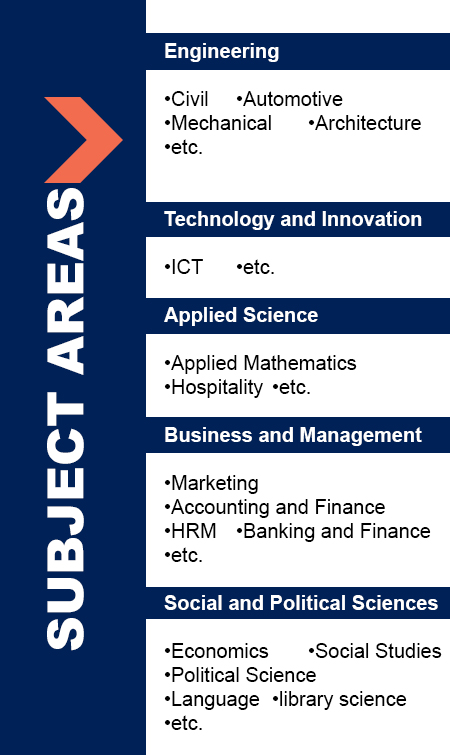Effect of Training on the Performance of University Administrative staff in Nigeria
DOI:
https://doi.org/10.47127/ijtmr.v4i1.72Abstract
Several studies have been carried on the effect of training on employees’ performance in firms. However, the effect of training on the performance of universities’ administrative staff in Nigeria has not been adequately assessed. This paper identified the training types mostly used by the Administrative staff of The Federal University of Technology Akure (FUTA), Ondo State, Nigeria, examined the factors affecting effective training and assessed the effect of training on the performance of the staff. The paper sought answers to research questions by employing survey design and purposive sampling technique to collect data from 68 respondents with the help of a 17-item structured questionnaire. The respondents consisted of the administrative staff of FUTA. Data for this study were analyzed using descriptive statistics such as percentage, mean score, standard deviation, mean ranking, and chi-square was used to test the hypothesis posed for the research at 5% significant level. Reliability test was carried out with Cronbach Alpha, while the validation of the research instrument was carried out by a senior lecturer in the Department of Business Administration, FUTA. The study revealed that training (On the Job and Off the Job) had a significant effect on the respondents’ performance; however, management did not release enough funds towards adequate training of the administrative staff. The paper, therefore, recommended more investment in training the staff in current skills and methods in order to cope with frequent changes in this contemporary world.








